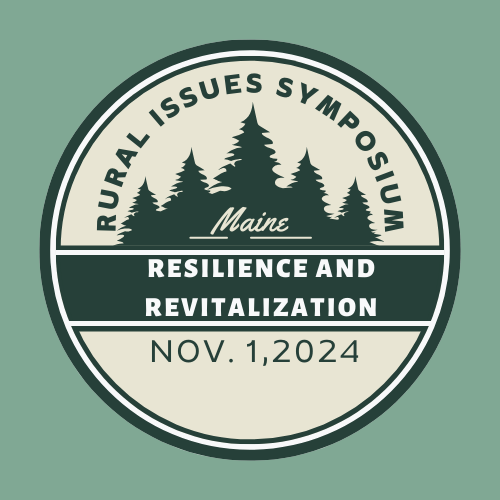Files
Download Full Text (903 KB)
Description
Per- and polyfluoroalkyl substances (PFAS) are widely used globally for their properties such as water and oil repellency, chemical resistance, and thermal stability. Their applications include food packaging, non-stick cookware, fabrics and textile, cosmetics, etc. However, PFAS are harmful to human health and environmentally toxic. Their resistant carbon-fluorine bonds cause bioaccumulation in the body, increasing the risk of cancer, lung diseases, and immune system. This persistence also leads to long-term water contamination and ecosystem disruption. Our research aims to replace PFAS with alternative materials that are biologically and environmentally safe. To achieve this, we have developed a PFAS-free omniphobic paper that repels water, oil, and other liquids. To create this omniphobic paper, we used vapor-phase deposition of chlorosilane molecules on release liners to form a nanoscale layer (< 5 nm) of flexible, “liquid like” polymer brushes. This solvent-free strategy prevents paper from conventional damage, such as deformation and wrinkles, caused by immersing in liquids. The obtained paper shows unique properties, such as a low contact angle hysteresis (CAH<60) for liquids with a broad range of surface tension (from 72.8 to 22.4 mN m-1). These unique properties allow for potential applications in various fields such as food packaging containers, oil funnels, microfluidics, and microtiter plates.
Publication Date
10-28-2024
Recommended Citation
Ishaq, Muhammad Ahmad and Zhao, Xiaoxiao, "Advancing Agriculture Sustainability in Rural Maine by Using PFAS-free Paper" (2024). Rural Issues Symposium. 103.
https://digitalcommons.library.umaine.edu/rural_issues/103



